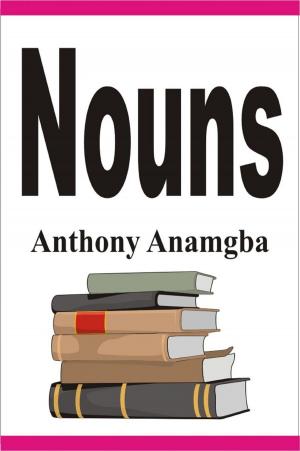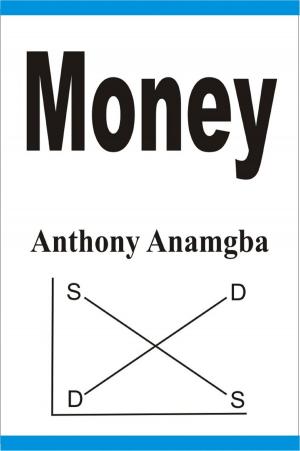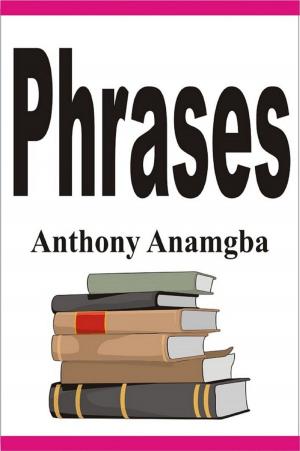| Author: | Anthony Anamgba | ISBN: | 9781386346012 |
| Publisher: | Anthony Anamgba | Publication: | March 25, 2017 |
| Imprint: | Language: | English |
| Author: | Anthony Anamgba |
| ISBN: | 9781386346012 |
| Publisher: | Anthony Anamgba |
| Publication: | March 25, 2017 |
| Imprint: | |
| Language: | English |
Law is the study of rules and principles governing human conduct in the State.
Law is the acts and statutes of the legislators and the judicial precedents of the judges.
It is in this lucid manner that this book will teach you law.
It turns to the schools of legal thought in order to discover the varied meanings of law.
It clearly explains the imperative school of thought. It throws light on the merits and demerits of this school.
It analyzes the natural school of thought. It sheds light on the good and bad sides of this school.
It appraises the realist school of thought. It casts light on the credit and debit sides of this school.
It evaluates the sociological school of thought, which posits three aspects of law: Law functions in a legal order; law is a process of administration of justice on the basis of statute; and law functions as an aggregate of normative materials in book laws.
It discusses the economic school of thought, which argues that law serves the economic interest of the property owners and safeguards the ascendancy of the economically dominant class.
It analyzes the sources of law. They are custom, religion, scientific commentaries, adjudication, equity and legislation.
It identifies the two broad divisions of wrong, criminal wrong and civil wrong. It highlights the criminal law like felony, misdemeanor and simple offence. It outlines civil law like breach of contract and tort.
And it explores the several divisions of law like public law, substantive law, procedural law, case law, municipal law, common law, equity, and customary law.
Law is the study of rules and principles governing human conduct in the State.
Law is the acts and statutes of the legislators and the judicial precedents of the judges.
It is in this lucid manner that this book will teach you law.
It turns to the schools of legal thought in order to discover the varied meanings of law.
It clearly explains the imperative school of thought. It throws light on the merits and demerits of this school.
It analyzes the natural school of thought. It sheds light on the good and bad sides of this school.
It appraises the realist school of thought. It casts light on the credit and debit sides of this school.
It evaluates the sociological school of thought, which posits three aspects of law: Law functions in a legal order; law is a process of administration of justice on the basis of statute; and law functions as an aggregate of normative materials in book laws.
It discusses the economic school of thought, which argues that law serves the economic interest of the property owners and safeguards the ascendancy of the economically dominant class.
It analyzes the sources of law. They are custom, religion, scientific commentaries, adjudication, equity and legislation.
It identifies the two broad divisions of wrong, criminal wrong and civil wrong. It highlights the criminal law like felony, misdemeanor and simple offence. It outlines civil law like breach of contract and tort.
And it explores the several divisions of law like public law, substantive law, procedural law, case law, municipal law, common law, equity, and customary law.















